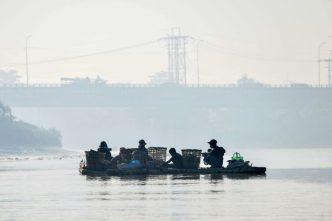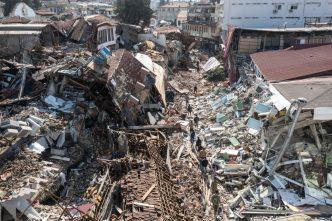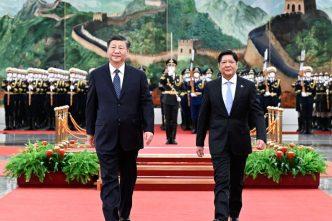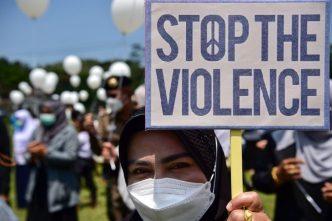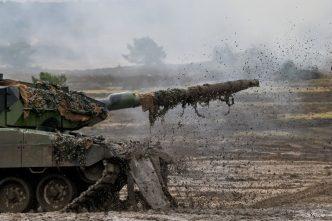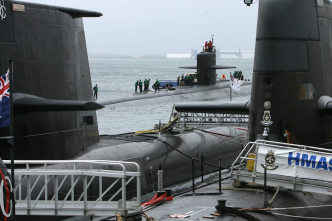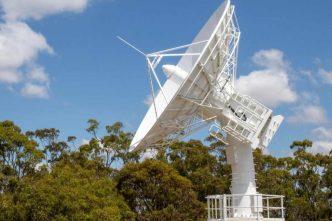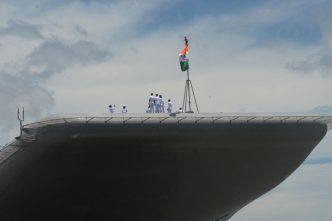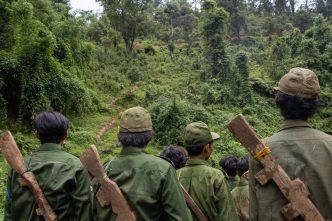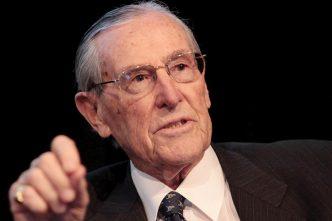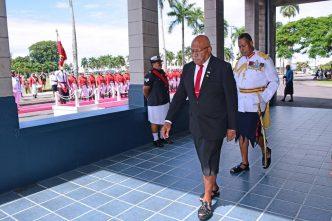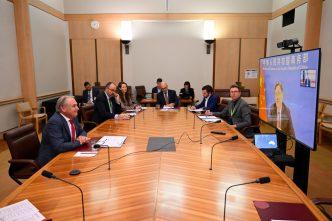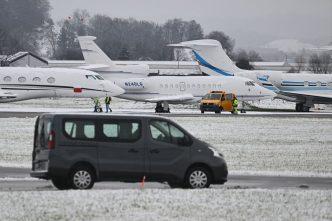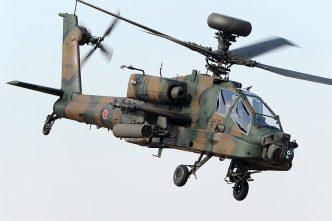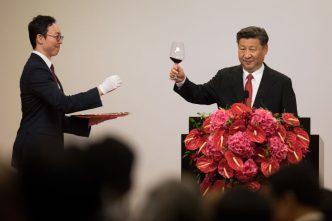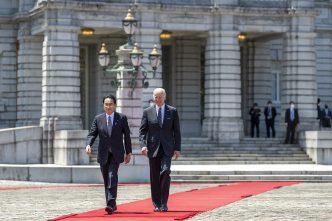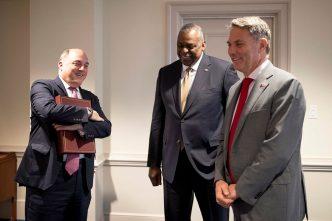In the two years since the military coup in February 2021, Myanmar’s natural environment has deteriorated as the embryonic legal and regulatory regime that was emerging during the decade of political and economic reforms has …
The magnitude 7.8 earthquake that hit Turkey and Syria a week ago, and the powerful aftershock that followed, have left at least 30,000 people dead. More than 5,000 buildings have collapsed, including critical infrastructure such …
Over the course of the past week we saw a faction within the American polity exhibit collective panic about a Chinese balloon that floated across the US. Whatever the nature of the balloon, the fears …
As the one-year anniversary of Russia’s invasion of Ukraine approaches, ASPI’s Executive Director Justin Bassi speaks to historian and writer Olesya Khromeychuk. They discuss the resilience of the Ukrainian people, Olesya’s personal experience with conflict …
On 4 January, Chinese President Xi Jinping clasped hands with his Philippine counterpart under very different circumstances from the last time he welcomed a Philippine leader to Beijing. During that September 2019 visit, which Xi …
The situation in southern Thailand, although unique, rings eerily similar to that of the southern Philippines. Economic underdevelopment and political grievances plague the two countries’ southern provinces. For decades, the Thai and Philippine governments have …
The extensive debate about the provision of a relatively small number of Western tanks to Ukraine has created the impression in some quarters that the additional armour will be a game-changer. That’s unlikely to be …
In March, the government is expected to announce its plans to implement the ambitious proposal for an Australian force of nuclear-powered submarines (SSNs) that is at the heart of the AUKUS agreement. Any scheme for …
Australia is an Indo-Pacific country with a democratic ethos. Its role in shaping the discourse on strategic policy—in areas such as representative governance structures, the rules-based international order and responsible space development—is well documented. Australia …
New Delhi faces severe challenges to diversify its defence inventory in the wake of Russia’s ongoing invasion of Ukraine. Even as a storied, reliable Russian defence partner, India sees a diminished Russian relationship in its …
Conflicts within and between countries take many forms, but they’re always about power. That’s as true for the brutal military coup that toppled Myanmar’s elected government two years ago as it is for Russia’s war …
With Richard Woolcott, you always had to take the smooth with the smooth. No rough edges for this wattle-proud Australian who was one of our greatest diplomats. His smarts and his steel always presented in …
It’s been just over a month and a half since Fiji’s new coalition government, headed by former coup leader Sitiveni Rabuka, was sworn in to parliament. The December election was a tight race, as many …
It’s too soon to declare an end to China’s economic war against Australia, but the signs are all pointing in that direction, with the meeting between trade ministers of the two countries this week coinciding …
Is globalisation coming back to life? That was the big question at the World Economic Forum’s annual meeting in Davos, where WEF founder Klaus Schwab asked whether it is possible to have cooperation in an …
France invented the attack helicopter in 1956. Sixty-seven years later, Japan has decided that the idea has had its day. ‘Elimination of obsolete equipment’ is the cruelly decisive headline above photos of a Bell AH-1 …
Australia and the United Kingdom consider themselves global leaders in the modern anti-slavery movement. The UK was first country to pass modern slavery laws, while Australia was the second. Both have committed significant funding to …
The Albanese government deserves credit for its handling of the China relationship. Its dual-stream strategy of ‘co-operating where possible and disagreeing where necessary’ has so far enabled diplomatic re-engagement without compromising Australian policy. But is …
In December, Japanese Prime Minister Fumio Kishida announced the most ambitious expansion of military power in Japan since the creation of the country’s self-defence forces in 1954. Japanese defence spending will rise to 2% of …
From its inception, the AUKUS pact has been wrapped in expectations. Fundamentally, it is a technology and capability agreement—an accelerator. That may sound mundane but it is incredibly challenging. To realise its promise, three sovereign …
